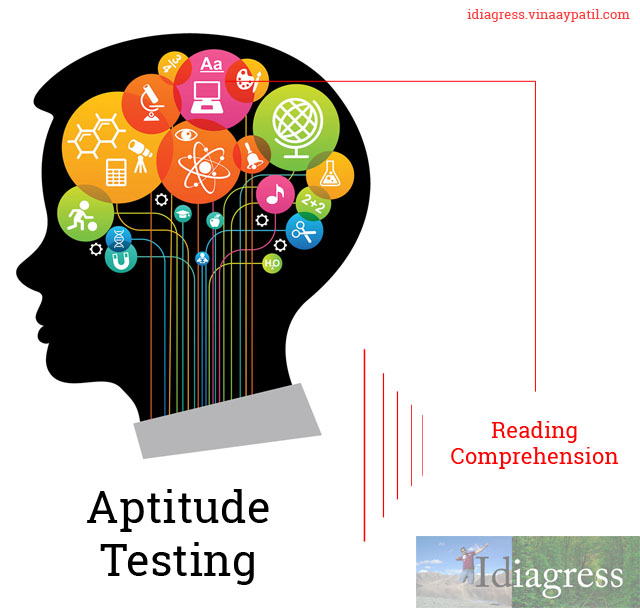Jazz drummer Andrew Neyman endures a brutal, sustained campaign of bullying and abuse, both psychological and physical, at the hands of Fletcher, the conductor of his conservatory’s prestigious studio band. He eventually washes out under the extreme pressure and, at the urging of his concerned father, anonymously gets Fletcher fired for abuse. In the end, Andrew ends up at Carnegie Hall subbing in for Fletcher’s concert band. It’s a final cruel ruse orchestrated by Fletcher, who wants to humiliate Andrew publicly by cueing him up to play the wrong music.
But then Andrew turns the tables. He leads Fletcher’s band into an incredible rendition of the song he was prepared to play.
Neyman’s feelings towards his vicious mentor extend into the farthest stretches of both love and hate. His hatred for the man and his cruelty pushes the student to work himself to the bone, bloodying his knuckles with intense drum practice. It is the dream to become a legend, an ideal Fletcher believes is only attainable through real suffering and the hardest work imaginable. He believes that the phrase “Good job” is the most dangerous thing for a musician to ever be told. He explains that Charlie Parker had to have a cymbal thrown at his head, had to cry himself to sleep, to become great. Similarly Neyman is a lonely boy with no friends, who throws away his girlfriend because he is too focused on physically and emotionally torturing himself as a means to perfect his art and prove to himself that all the sweat and blood was not in vain.
Hard-work, sweat, blood, and suffering: at the very least they aren’t in vain. But they are unavoidable parts of any quest for self-improvement regardless, the fact that you must suffer the costs of greatness to attain it. Charlie Parker suffers his whole life and dies at age 34. Eric Dolphy dies at age 36. Ornette Coleman is brutally assaulted and beat with his own saxophone. Buddy Rich and Charles Mingus are known as much for their genius as for their brutality, their cruelty, and their uncompromisingly extreme methods.
Answer the questions below after reading through the above passage. Base your answers on information that is either stated or implied in the passage.

you can read the full article on the same topic here














[…] Interestingly, years back I designed a reading comprehension test question based on Whiplash, it is … […]